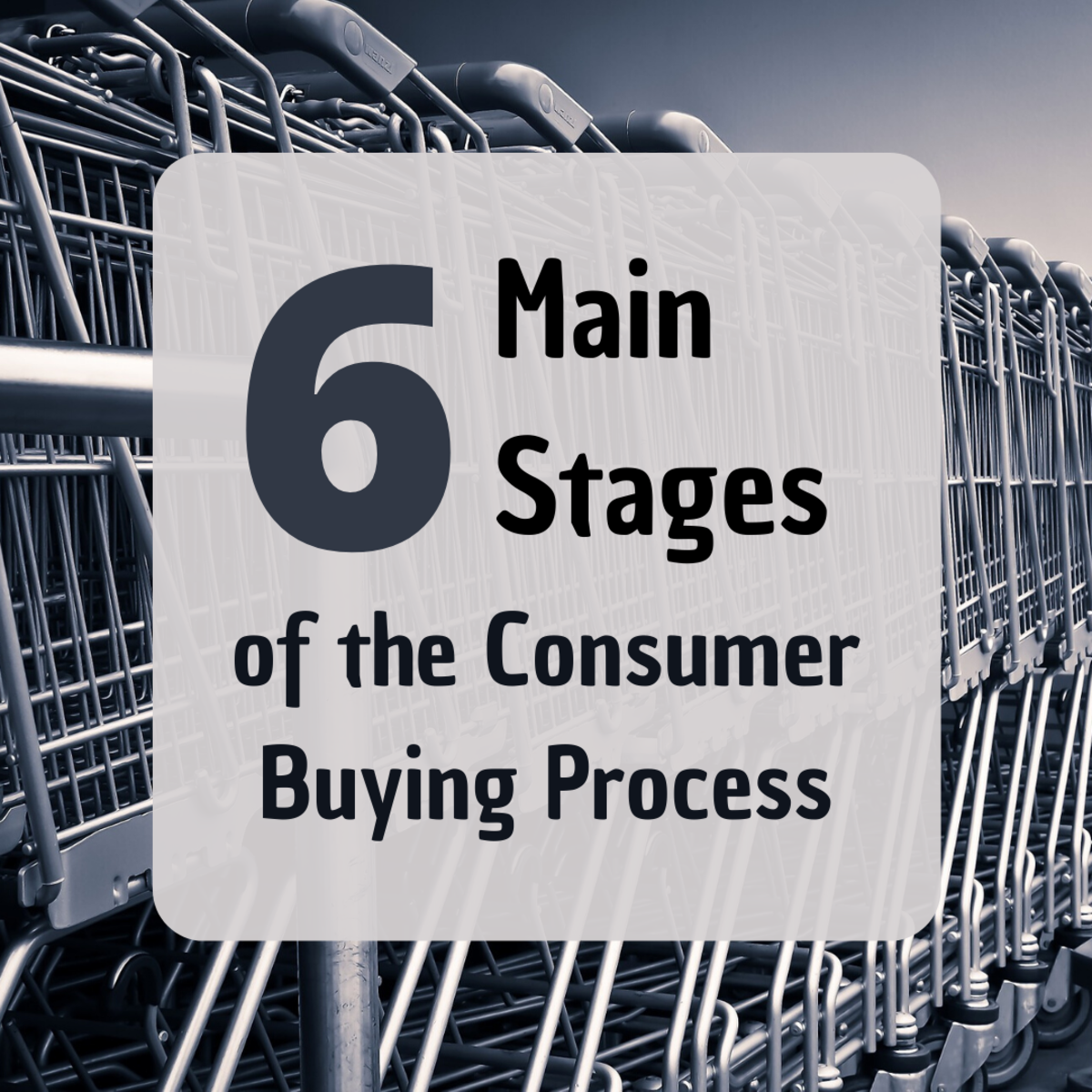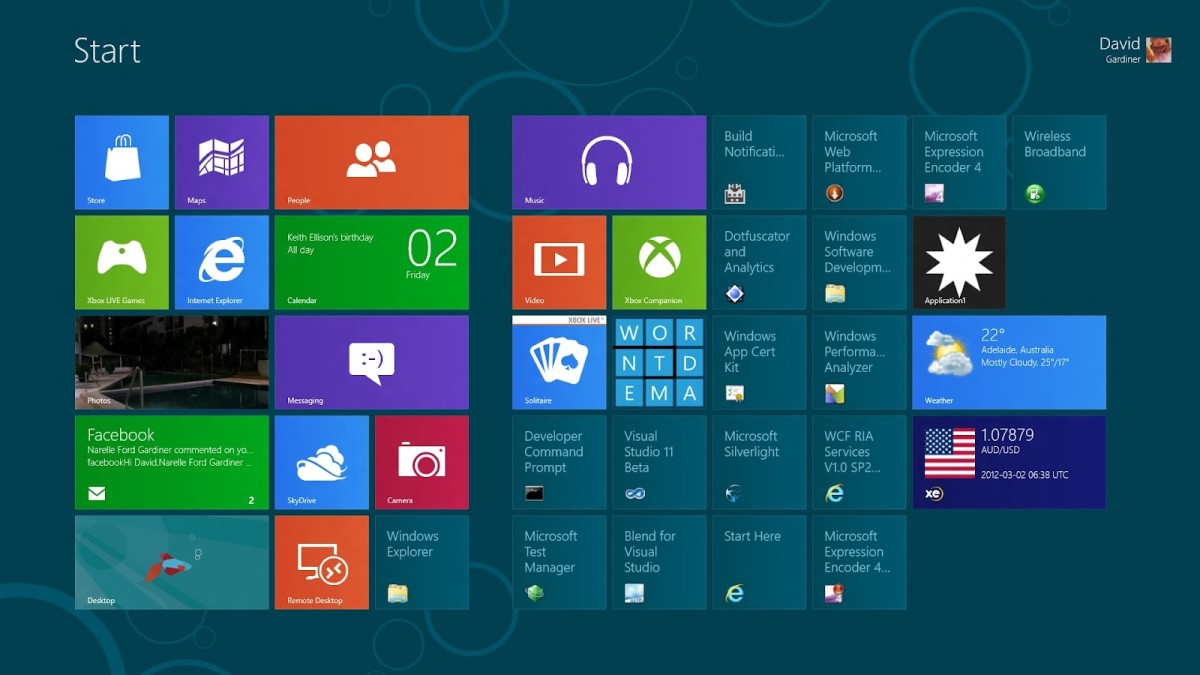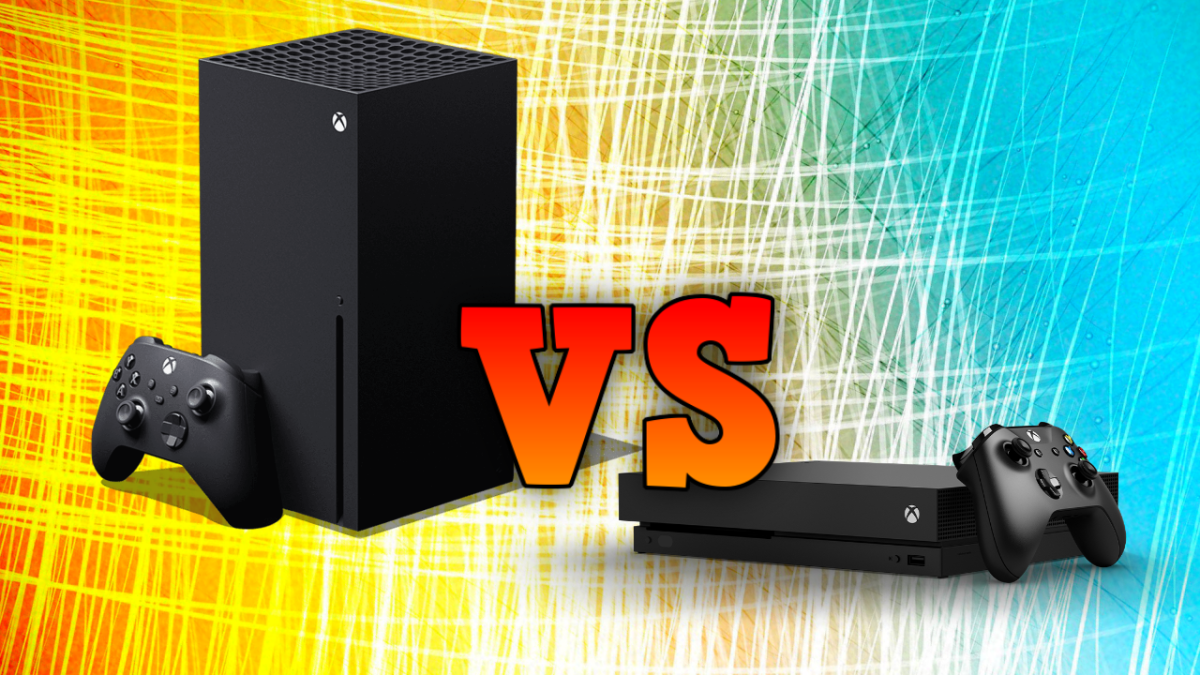- HubPages»
- Games, Toys, and Hobbies»
- Computer & Video Games»
- Video Game Consoles»
- Microsoft Consoles
End of Microsoft's Empire

Autocracy To an End
Autocracy To an End
Microsoft, a tech giant with over 30 years in business, initially revolutionized the computing industry by selling operating system software and expanding into various sectors like productivity software, internet services, and gaming consoles. Seizing the right opportunities at the right time, Microsoft grew to dominate the technology market worldwide. However, as they achieved world domination, they started exhibiting autocratic tendencies, prioritizing profits over consumer freedom.
Microsoft's ascent to power stemmed from its control over the Personal Computing Industry. Recognizing the vital role computers would play in everyday life, from gaming to office productivity and communications, they licensed their software to computer manufacturers, securing a percentage of all sales. Anyone wishing to sell to Windows OS consumers had to pay a license fee to Microsoft, consolidating their control over products reaching consumers.
In addition, Microsoft's strategy involved pre-installing office productivity and internet browsing software into their systems, limiting consumer choice. While they held a stronghold over office productivity software, they began falling behind in the browser wars. Their tactic worked during a time when most consumers were computer illiterate in the 1990s and preferred to be guided in their choices.
However, the subsequent generation became computer-literate, leading to companies like Apple and Ubuntu Linux offering alternatives and promoting freedom of choice. Younger users embraced this freedom, desiring software control and not wanting to be dictated on what they could do with products they paid for. In recent times, mobile computing has surged in dominance, making traditional PC computing less relevant. To remain relevant, Microsoft needed to adapt, but their attempts often failed due to consumer dissatisfaction. Today's consumers are tech-savvy, demanding more from their products.
Microsoft's approach to their products involves three key tactics: Attract, Dominate, and Control. They attract new customers with innovative features, dominate the market with a wide range of products, and then exert control over consumers' choices. However, this approach has faced challenges, evident in products like Windows Vista and Windows 8. The initial excitement over new features faded when consumers encountered flaws and problems.
For instance, Windows Vista was initially praised for its features, but consumers soon realized its shortcomings, leading to a decline in PC sales and profits. Microsoft countered this setback by launching Windows 7 and a major marketing campaign, successfully regaining market traction. However, when Windows 8 was released in 2012, despite its innovative GUI merging regular PC and tablet functions, consumers were put off by privacy concerns and restrictive policies.
In the gaming industry, Microsoft's Xbox was a success, but their follow-up console, Xbox 360, dominated the market by introducing the Kinect, a controller-free gaming experience. The subsequent Xbox One was hailed as a game-changer but faced criticism for restrictive policies, demanding daily online logins and limiting game trading. Hardcore gamers, who cherish consumer choice and privacy, opposed these practices.
As Microsoft strives for relevance, its autocratic practices are becoming outdated. Shareholders expressed dissatisfaction, leading to CEO Steve Ballmer's resignation announcement in 2013. There are possibilities of activist investors forcing Microsoft to split into different divisions. While the company faces challenges, it may need to humbly acknowledge its failures and recognize that consumers desire choice over control.
The update of Steve Ballmer's resignation and the lifting of restrictions on Xbox One came as a response to consumer feedback, highlighting the growing significance of consumer demands and opinions. This reflects a shift towards a more democratic approach, signaling the end of Microsoft's autocracy era.
Update: On October 17, 2013, Steve Ballmer announced his resignation as CEO of Microsoft within the next 12 months. Additionally, Xbox One's restrictive policies were lifted in response to consumer feedback.








